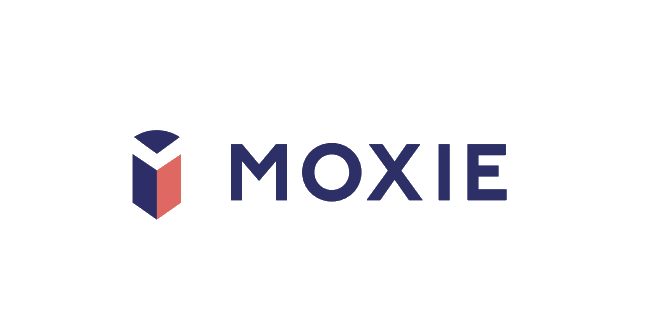Acknowledging the Use of Generative AI in Academic Writing
As the use of generative artificial intelligence (AI) becomes increasingly common in academic writing, it's crucial to understand how to cite and acknowledge its role in your manuscript. Whether you're using ChatGPT or other AI models, following proper citation practices helps maintain academic integrity and gives credit where it's due.
In this blog post, we'll explore the best practices for citing generative AI technology in your academic work.
However, it’s important to point out that you are responsible for determining the requirements relevant to your context, so check with the journal if you are publishing and check with the professor if you’re a student.
Before citing generative AI in your manuscript, you’ll have to determine the appropriate classification for the auto-generated text. Depending on the task, generative AI could potentially be cited as "Software” (e.g., you used it to code data), but for the purposes of this post, we are focused only on using a chatbot for writing assistance (e.g., outlining, structuring content, revising, brainstorming, etc.), so instead of citing we’re suggesting that you acknowledge the help just as you would acknowledge the help of a colleague who helped you edit/revise.
Acknowledgments usually occur in one of two places in a manuscript: Either in a separate section called “Acknowledgments” or in the Methods. Wherever you choose to give a nod to your chatbot support, begin by pointing out the use of generative AI in your work and specify the technology employed.
"I acknowledge the use of ChatGPT (Mar 14 version) from OpenAI in generating text for this study."
Next, you need to provide explicit descriptions of how the information was generated, including the prompts used.
"The prompts used for ChatGPT included [list of prompts used] to generate responses."
Citing generative AI technology in academic manuscripts is essential to maintain transparency and uphold ethical standards. By following these best practices researchers can demonstrate their commitment to academic integrity and responsible use of AI in scholarly work.
For further guidance, consult resources such as the Committee on Publication Ethics (COPE) or the World Association of Medical Editors (WAME), which provide valuable recommendations on using AI tools in academic writing and publishing.
